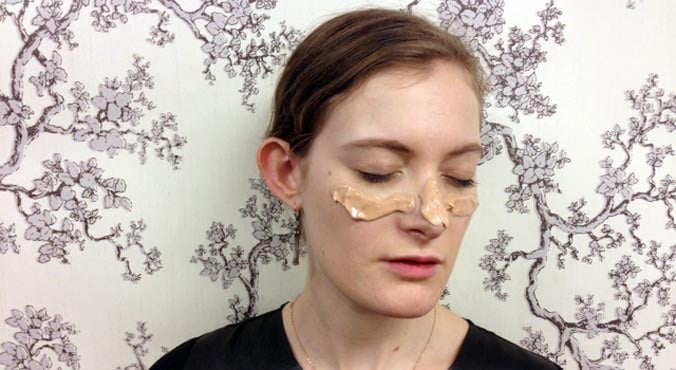
Image: Alyx, taking sunscreen more seriously now.
We’ve all done regrettable things to our skin, especially when we were younger.
My personal skin regrets include wearing SPF 15 sunscreen and no hat to an all-day music festival and never reapplying. The specter of freckles from that day still haunt my nose. I’ve also fallen asleep with my makeup on more times than my complexion or white pillows could handle and I have the terrible habit of picking at my face.
But, unlike when you accidentally stand up a friend, it takes more than an apologetic bottle of bubbles or bunch of flowers to convince your skin to forgive your past transgressions. And it doesn’t take many wrong-doings to seriously upset your skin.
That doesn’t mean it can’t be done though. Stepping through a wormhole to implore your younger self to experiment with wider brims is not yet scientifically possible, but there are things you can do in the here and now to reverse some of the pain you’ve inflicted in the past.
There are even some things that can fight back skin problems before they even emerge on your face.
Now, what can be done to undo that damage?
1. Embrace good fats
Your dermis is your body’s largest organ, so what you put in your mouth will always show up on your face. There are some foods your skin loves better than others, and these are the ones you should be eating lots of to compensate for past indiscretions.
Foods rich in essential fatty acids, especially Omega 3 are brilliant for your skin. Omega 3 is an anti-inflammatory, and less inflammation leads to a calmer complexion, especially in those prone to redness. Omega 3 fatty acids are also vital for maintaining healthy cell membranes. When cell membranes work properly, your skin is more able to protect itself from undesirable elements, while allowing in the nutrients it needs and eliminating the waste it doesn’t.
